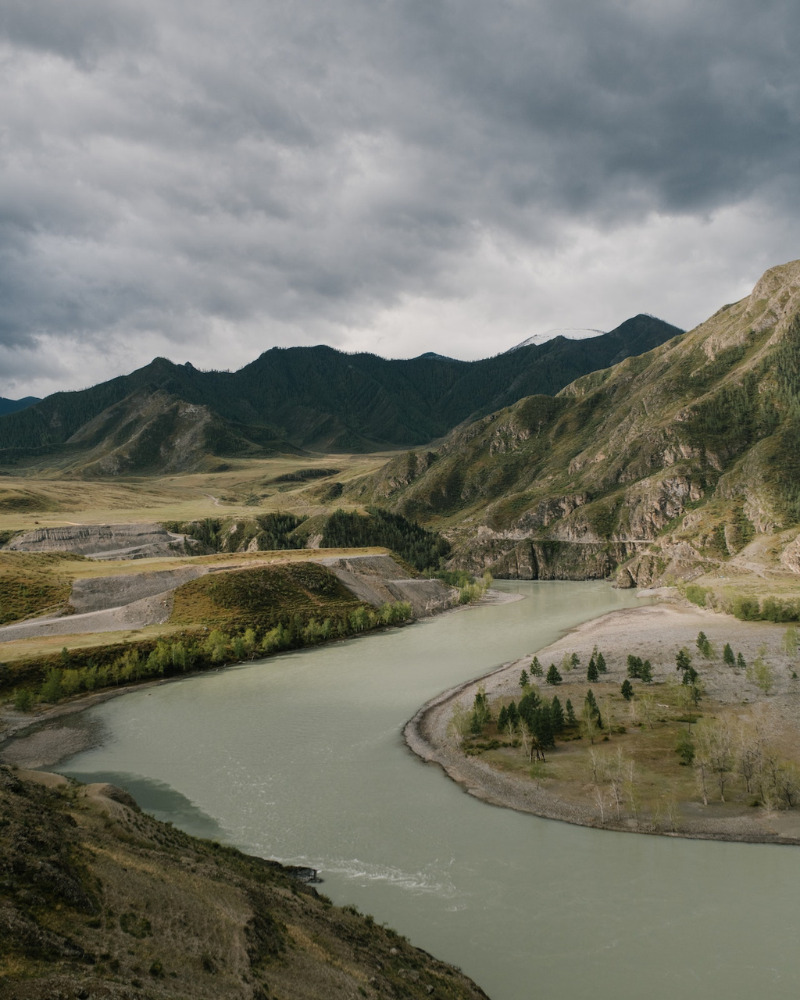Twenty-seven percent of Americans are very worried about climate change, and about one in 10 Americans experiences significant anxiety or depressive symptoms due to global warming.
For youth, things are even more concerning. A 2021 study of youth ages 16-25 in ten countries found that 59% of youth are very or extremely worried about climate change, and
50% report being sad, anxious, angry, powerless, helpless, and guilty.
75% of youth say they think the future is frightening.
More than 50% think humanity is doomed.
39% are hesitant to have children.
Climate distress can take the form of climate anxiety—worry, fear, and distress about the future—or eco-grief, which is sadness related to current or anticipated losses in the future. Many individuals experience both climate anxiety and eco-grief.
Emotions related to climate distress include:
-
- Fear
- Worry
- Anger/rage
- Despair
- Grief
- Guilt
- Shame
For some, these feelings occur every day or many days of the week. Some of our clients report thinking about climate change multiple times per day. To them, the anxiety of an imperiled future is high, as is a sense grief: They mourn the loss of the future they thought they were going to have, facing a new, imperiled future for themselves and their children.
One thing is critical to know:
Climate anxiety is an understandable and appropriate reaction to the climate crisis.
According to Britt Wray, author of Generation Dread,
It is reasonable to be worried…It is appropriate to grieve…It is understandable to be scared…It is decent to rage… There is nothing pathological about this pain. It is an unavoidable symptom of a very sick society.


